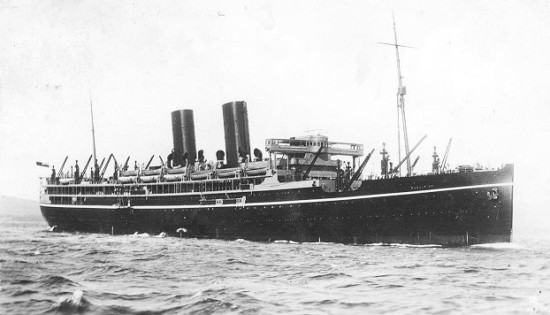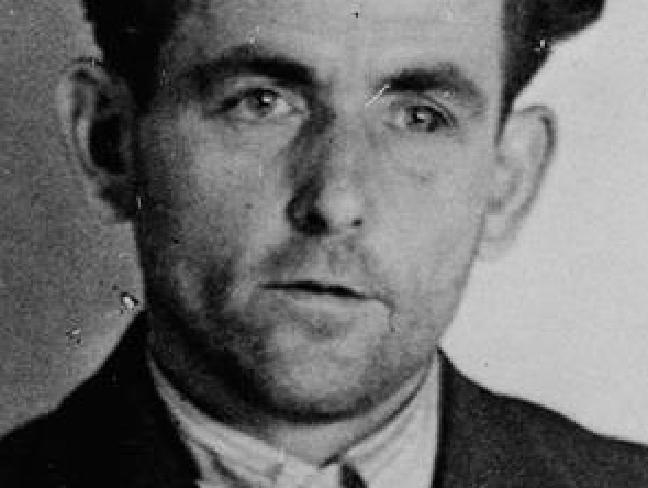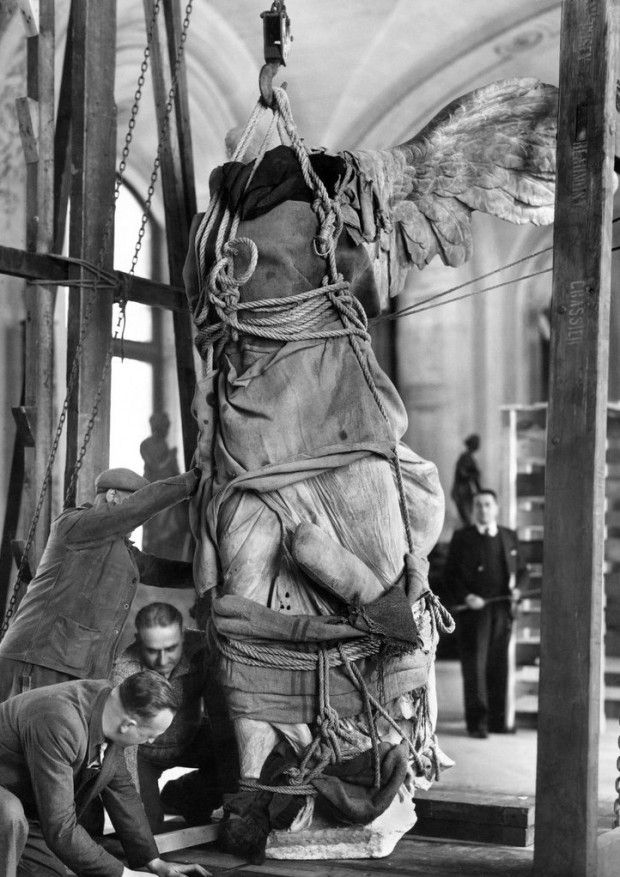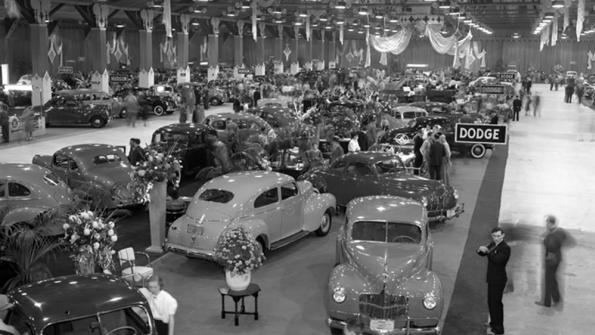Thursday 23 November 1939
 |
| The famous mine defused and examined by the British. |
On 23 November 1939, The German pocket battleships Scharnhorst and Gneisenau blast through the Iceland-Faroes passage with guns blazing to make it into the North Atlantic. They come upon the British armed merchant cruiser Rawalpindi on patrol there - it is one of only two good routes that German vessels have to break out into the shipping lanes - and Scharnhorst blows it up.
 |
| Captain EC Kennedy. |
"We’ll fight them both, they’ll sink us, and that will be that. Good-bye."Captain Coverley Kennedy RN RIP manages to get his position off to the Admiralty in the 40 minutes remaining to him. On the Rawalpindi, 230-283 men perish (estimates vary). The Captain is remembered on a wooden panel in Chapel Royal, Hampton Court Palace and on an altar rail at All Saints Church, Farringdon. This is the type of man that protected England.
The Germans rescue 37 British sailors, and another British ship that comes along later, the HMS Chitral, another 11. The only positive outcome of the event from the Admiralty's point of view is that Captain Kennedy had time to report their position.
U-33 (Kapitänleutnant Hans-Wilhelm von Dresky) torpedoes 3,670-ton German freighter Borkum. The torpedo kills four of the original German sailors. It had been captured by the armed merchant cruiser HMS California in the Denmark Strait and a prize crew installed. The ship is abandoned and presumed unseaworthy, but the wreck stays afloat until it drifts ashore.
British vessel Hookwood hits a mine and sinks.
The German freighter Antiochia is scuttled by its crew to avoid being captured by Royal Navy armed merchant cruiser Laurentic off Iceland.
German liner Watussi leaves Mozambique. It is believed to be a supply ship for German raiders.
The British release freighter Express from detention at Malta.
William E. Chapman, the US Consul at Gibraltar, refuses to agree to fulfill an agreement regarding the US freighter Nishmaha, whereby it would proceed to Marseilles to unload cargo deemed contraband.
British Lieutenant Commander Ouvry and CPO Charles Baldwin defuse the 7-foot long German magnetic mine recovered intact using specially designed non-magnetic brass tools. Everyone involved will receive medals from King George VI, the first such decorations awarded to the Royal Navy during the conflict.
 |
| HMS Rawalpindi, sunk on 23 November 1939. |
Anglo/Dutch Relations: The Dutch government files a protest against the British and French blockade.
German Government: His megalomania mounting, Hitler addresses his Generals and states in essence that the German people are unworthy of his greatness. "I shall attack France and England at the earliest moment. My decision is unchangeable."
 |
| Johann Georg Elser. |
Johann Georg Elser, the assumed bomber of the Bürgerbräukeller in Munich, has been subjected to five days of torture in Berlin. His family also has been detained there. While the confession does not survive, the interrogation report prepared on this date does. In it, Elser is said to have stated that he acted alone. Investigator Arthur Nebe, who led the investigation by Hitler's express order, later states that Elser's motives were that Hitler's rule meant only war, and without Hitler, there would be peace.
Holocaust: Dr. Hans Frank, Gauleiter of occupied Poland, expands upon decisions already taken by individual municipalities such as Lodz and orders that all Jews over the age of 10 are to wear armbands identifying them as Jews. For the moment, this requirement is confined to the Government General of Poland only, and not those areas annexed to the Reich or anywhere else.
German Homefront: Food rationing for pets.
China: As part of the Battle of South Kwangsi, the 5th Infantry Division and the Taiwan Brigade cross the Yung River and capture Szetang.
American Homefront: President Roosevelt has moved the date of Thanksgiving to the fourth Thursday in November - today - rather than the last Friday. This usually is the same thing, but not this year - there are five Thursdays in November 1939. This does not sit well with everyone, and roughly half the country celebrates Thanksgiving today and other half in a week, on November 30. The decision has nothing to do with the war situation, but is strictly economic in nature - retailers claim that holiday sales will increase with a longer period of time before Christmas.
Bowing to the President's wishes, the six-mile-long Macy's Thanksgiving Day Parade proceeds today and is televised locally by NBC for the first time. Other firsts in this parade are a balloon of Superman - then only a year old - and the Tin Man from "The Wizard of Oz," which was still playing in theaters.
November 1939
November 1, 1939: The Jet Flies AgainNovember 2, 1939: The Soviets Devour Poland
November 3, 1939: Amending the Neutrality Act
November 4, 1939: Roosevelt Signs Neutrality Laws
November 5, 1939: The Spirit of Zossen
November 6, 1939: First Dogfight
November 7, 1939: More Lies About SS Athenia
November 8, 1939: Hitler Almost Killed
November 9, 1939: The Venlo Incident
November 10, 1939: Dutch Panic
November 11, 1939: Poignant Armistice Day
November 12, 1939: Peace Efforts Made and Rejected
November 13, 1939: First Bombing of Great Britain
November 14, 1939: The Dyle Plan
November 15, 1939: Elser Confesses to the Bürgerbräukeller Bombing
November 16, 1939: Martial Law in Prague
November 17, 1939: International Students Day
November 18, 1939: Magnetic Mines
November 19, 1939: Walls Around the Warsaw Ghetto
November 20, 1939: First RN Submarine Victory
November 21, 1939: Salmon & Gluckstein on the Prowl
November 22, 1939: British Recover A Magnetic Mine
November 23, 1939: HMS Rawalpindi Sunk
November 24, 1939: Japanese Enter Nanning
November 25, 1939: The Olympics are a War Casualty
November 26, 1939: Soviets Stage an "Incident" at Mainila
November 27, 1939: German Marriage Becomes Perilous
November 28, 1939: Judenrats in Poland
November 29, 1939: The Soviets Prepare to Invade Finland
November 30, 1939: Winter War Begins
2019














